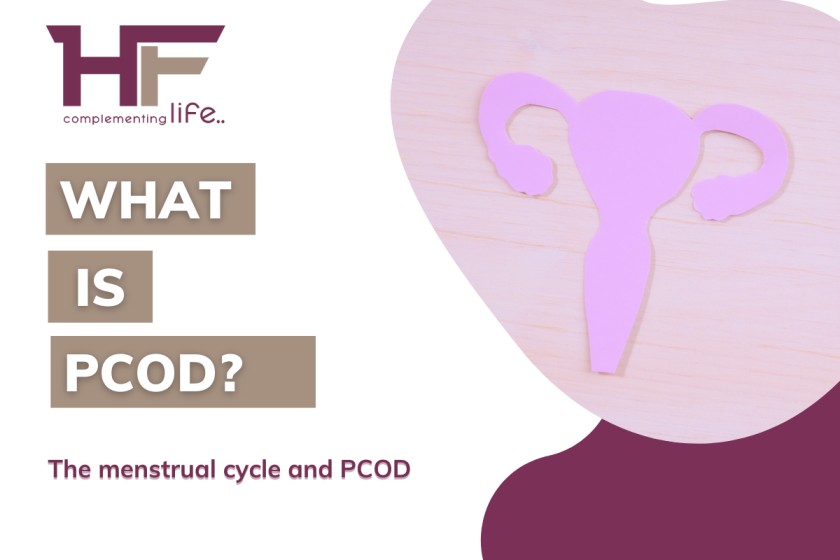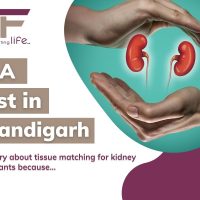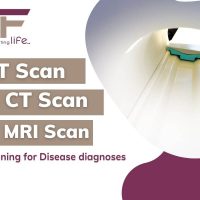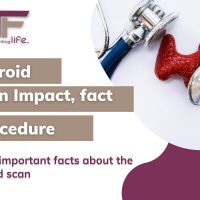PCOD, or polycystic ovarian disease, seems to be a hormonal condition that affects a growing percentage of females between late teens and midlife. As the name implies, a syndrome has several symptoms occurring at a similar time. Polycystic ovarian condition and hyperandrogen anovulation syndrome or Stein-Leventhal syndrome are all terms used to describe it.
The main factors are frequently used to make the diagnosis:
- Excessive hair development, pimples, or elevated blood levels of testosterone are signs of increased androgens.
- Ovulation irregularity is a common symptom.
- An ultrasound image shows the ovaries in a particular way (polycystic ovaries – PCO).
CContents
Who is at risk of developing PCOS?
In women aged 15 to 44 or in the prime childbearing years, PCOS affects 5 to 10 percent. In her 20s or 30s, many women discover they possess PCOD whenever they have difficulty becoming pregnant, then they see the physician. However, PCOD can strike women of any age following menarche.
What causes it?
Doctors aren’t sure what develops PCOD, but it’s thought to be a combination of genes and lifestyle choices, so it goes in the families. PCOD can be transmitted from the men’s side, wherein symptoms are less evident, and another household member may exhibit identical symptoms. Parents, as well as siblings, can develop insulin resistance, which is a characteristic of PCOD. Insulin resistance is common among females with PCOD.
This happens when the system is unable to perform the regular functions of insulin, including controlling blood sugar levels. As a result of increased insulin amounts, the ovary produces more male hormones, particularly testosterone, that can cause unwanted side effects like increased hair growth and pimples. It’s possible that insulin resistance is brought on by a genetic predisposition, an unhealthy lifestyle, or perhaps a mix of the two.
The menstrual cycle and PCOD
Baldness, polycystic ovaries, chronic tiredness, and alterations in a female’s menstrual cycle are all associated with PCOD. The additional symptom of this problem is depression. In spite of its prevalence, PCOD’s many signs may make it challenging to detect, leading up to 70% of females with PCOD going misdiagnosed.
As a result, it’s critical that women familiarise themselves with the symptoms of PCOD before seeking treatment. Being that PCOD does not fit one mould, someone may be suffering from a sign of it without even realising it.
To further understand how PCOS affects menstruation, let’s take a glance at some typical symptoms.
Periods come and go for some females like clockwork, but they don’t for others. Even while having a late period every now and then is perfectly natural, having cycles that are continuously irregular might be an indicator of PCOD.
Menstruation lasts for approximately 28 days, although anytime around 21 and 35 days seems normal. When a woman has irregular menstruation, it’s because she has less than eight cycles per year or because her periods are lengthier over 35 days.
Period sporadic timing may be related to a variety of reasons, like PCOS, so getting tested is essential if the cycle appears out of the ordinary.
Conclusion
The treatment for polycystic ovary disease is still a mystery. You may, however, take control of the disease with the help of correct therapy and lifestyle changes. PCOD therapy is probably to be multimodal if you see a doctor for it. Gynecologists, dermatologists, infertility specialists, and endocrinologists are all possible members of such a team. Good weight maintenance is an effective strategy to treat and control the symptoms.









Comments